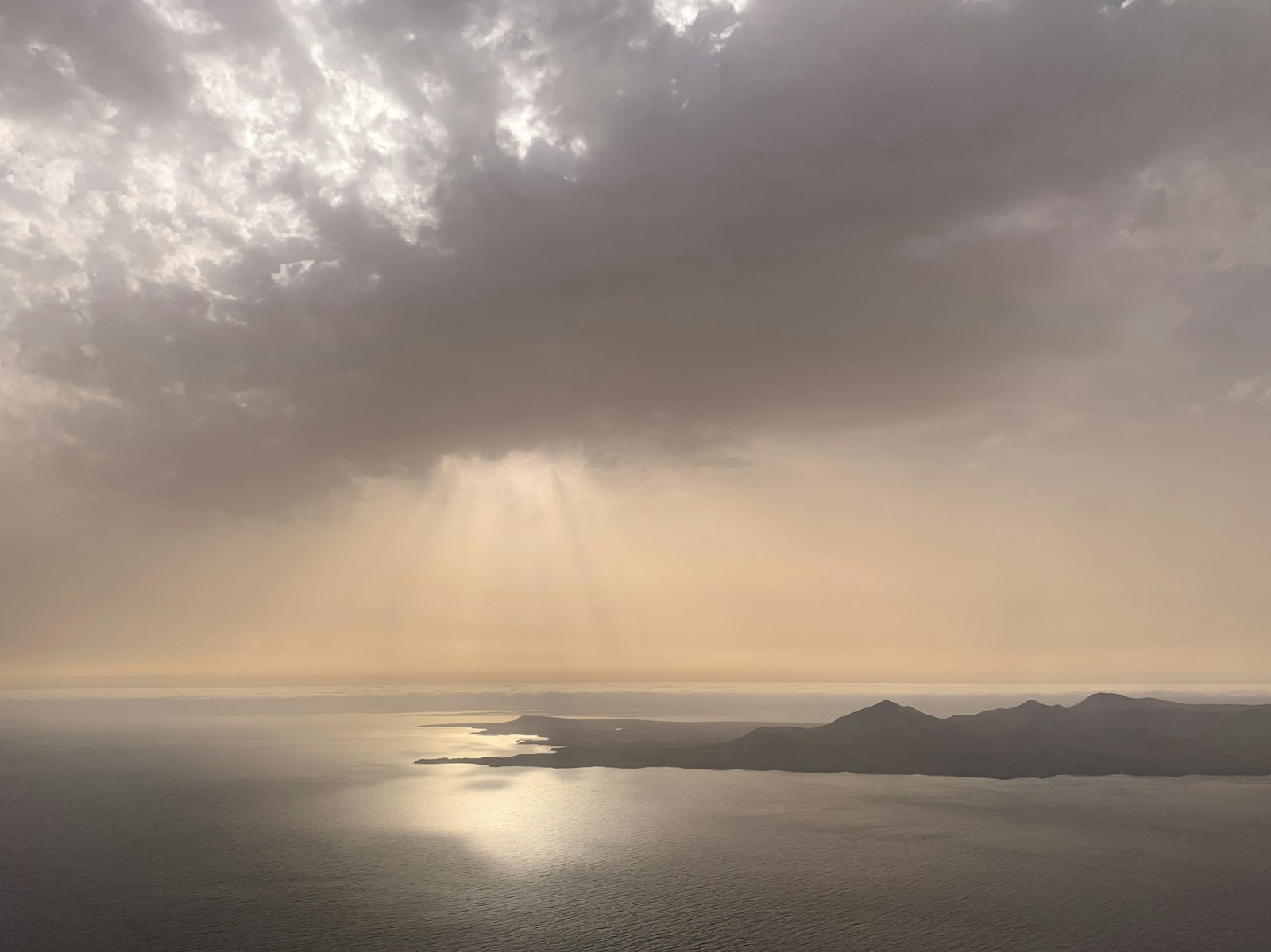
sobre

over
The Spanish word 'sobre' is used in many contexts like 'over', particularly in phrases related to spatial location, or to describe the end of a period or event. However, it's important to note that due to the complexity and subtleties of both languages, it may not always directly translate to 'over' in every context. Always consider the intended usage before translating.
Example sentences using: sobre
La lámpara está sobre la mesa.

The lamp is on the table.
Here, 'sobre' is used in a spatial sense to indicate that the lamp is positioned on top of the table.
Voy a leer un libro sobre historia.

I'm going to read a book about history.
In this context, 'sobre' is used to express the topic or subject matter of the book.
Estoy pensando sobre lo que dijiste.

I'm thinking about what you said.
In this phrase, 'sobre' is used in reference to considering or thinking about a previous statement.
Todavía tenemos mucho trabajo sobre la mesa.

We still have a lot of work on the table.
This use of 'sobre' is idiomatic, meaning there's still a lot of work to be done or discussed.
El reloj está cinco minutos sobre la hora.

The clock is five minutes ahead.
In this phrase, 'sobre' is used to imply that the clock is running ahead (or faster) by five minutes.
Atravesaron el puente sobre el río.

They crossed the bridge over the river.
'Sobre' is used here to describe the position of the bridge relative to the river.
Pasan las nubes sobre las montañas.

The clouds pass over the mountains.
In this phrase, 'sobre' is used to denote the movement or position of the clouds in relation to the mountains.
Este artículo es sobre la economía global.

This article is about global economics.
'Sobre' in this context is used to express the topic or subject matter of the article.
Todo parece extraño sobre esta situación.

Everything seems strange about this situation.
Here, 'sobre' is used to express general concerns or thoughts related to a particular situation.
El regalo está escondido sobre el armario.

The gift is hidden above the closet.
'Sobre' in this instance is used to denote that the gift is located above the closet, not inside or beside it.